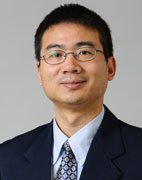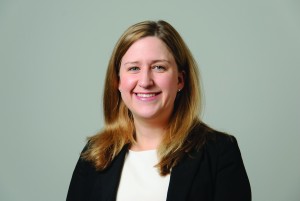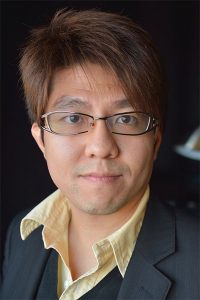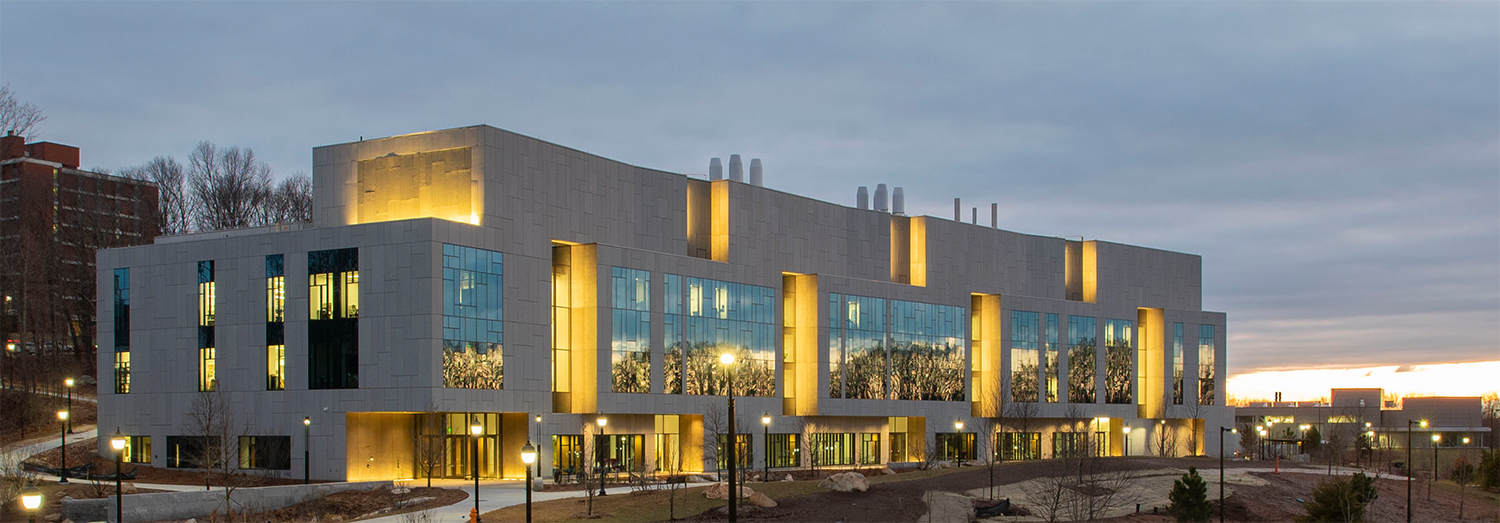
The IMS Polymer Program has been awarded its fourth Graduate Assistance in Areas of National Need (GAANN) grant in 10 years. The PI, Professor Mu-Ping Nieh, and co-PIs Professors Rajeswari Kasi, Yao Lin, and Anson Ma led the recent grant proposal, “Design High-Efficiency Polymers and Nanocomposites with Their Life-Cycle in Consideration (Upcycling, Recycling, Biodegradability),” with assistance from Professors Luyi Sun and Kelly Burke. The team effort was awarded $1,119,095 which is expected to support five Polymer Ph.D. students over a three-year period.
The GAANN grant was created by the Department of Education to support academically strong students with financial need pursuing a doctoral degree in specific subject areas considered “in need”. Polymer Science is considered an area of national need. Many academic areas in the STEM fields fall under this category.
The first GAANN grant for the IMS Polymer Program was awarded in 2015. Since then, the program has been awarded three additional GAANN grants. In total, the GAANN grants have provided more than $3.4 million and have supported more than 30 students during the past 10 years. The Polymer Program’s success with GAANN funding reflects the program’s achievements in research and student support that has continued for the past 60 years.
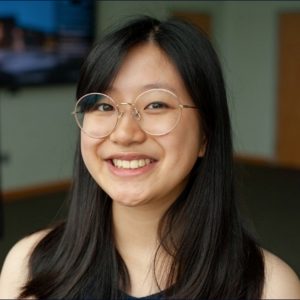
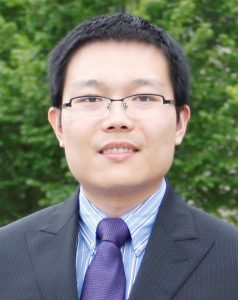 Dr. Ying Li is one of eight UConn faculty members, and three IMS faculty members, to receive a National Science Foundation Career CAREER Award in 2021. Li will develop a machine learning model to better understand the properties of a promising sustainable material.To learn more about the award
Dr. Ying Li is one of eight UConn faculty members, and three IMS faculty members, to receive a National Science Foundation Career CAREER Award in 2021. Li will develop a machine learning model to better understand the properties of a promising sustainable material.To learn more about the award 